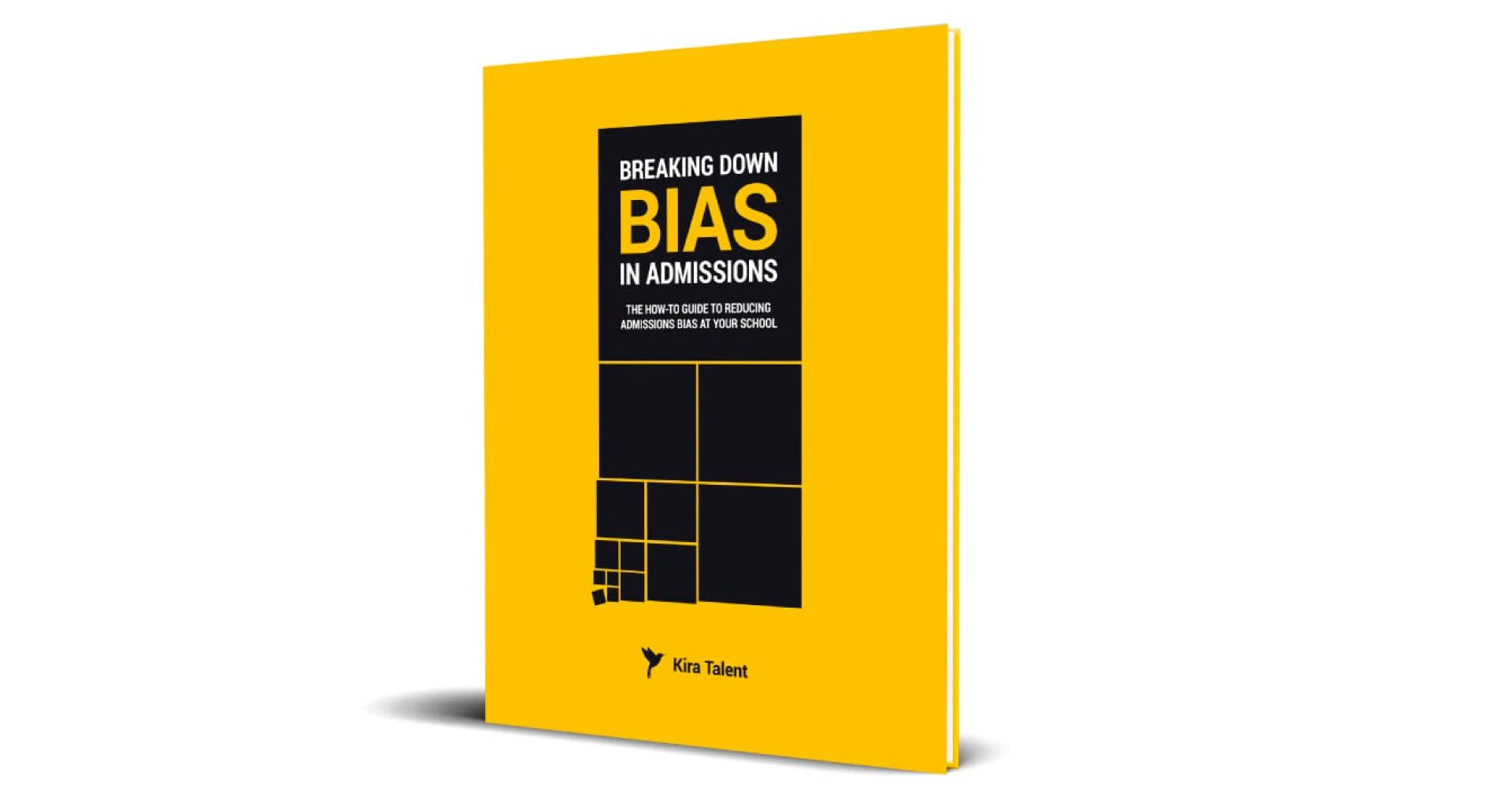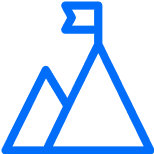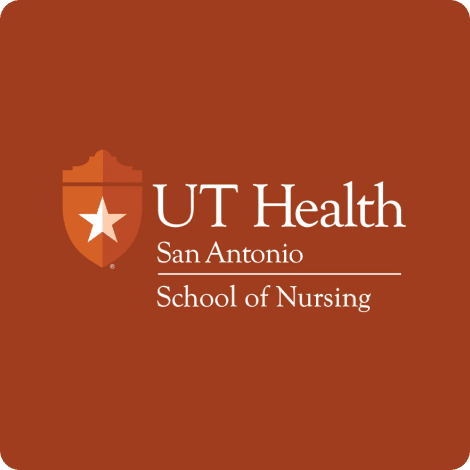The Sinclair School of Nursing at the University of Missouri has been leading the way in nursing education for over 100 years. Focused on graduating dedicated and compassionate healthcare professionals who continue to elevate the field of nursing, Missouri Nursing recognized the importance of incorporating holistic practices into their admissions processes.
“When we launched our new master's program in the Fall of 2020, we had an astounding number of students apply. But what we saw after that first year, was that of those students we had enrolled, several of them didn’t remain in the program for very long,” explained Pete Ozias, the Director of Student Affairs at the Sinclair School of Nursing. “Although some of that was due to the COVID-19 pandemic forcing students to put their education on hold and return to work as Registered Nurses, it did show us that we needed to assess our applicants and their motivations more comprehensively.”
The workload created from the high volume of applicants the school received was impossible to handle with in-person interviews or even using a video conferencing platform.
“That was when our team learned about Kira Talent.”
The cost of using disparate systems
“We’re currently using Kira to support the admissions process for both graduate and undergraduate programs,” shared Ozias. “Knowing that both the grad and undergrad sides needed a tool like this, we were thrilled to find that Kira Talent could help us accomplish our goals for both programs.”
Using NursingCAS to collect the basic application components, Ozias and his team incorporated Kira as an additional assessment to help the programs increase their retention rate.
“Two years ago we began implementing a holistic approach within our admissions process,” Ozias explained. “Before we ranked students by GPA. It's a method that, while much easier, has been shown in various literature to not be the best way to admit medical students. Today, we use the American Association of Medical Colleges (AAMC) model to add credence to our decision-making process.”
The first semester that Missouri Nursing assessed applicants using the AAMC model, they pieced together a home-grown process with Zoom to conduct video interviews and a Microsoft Teams spreadsheet to keep track of scores.
“We had to reassign one of our advisors to be solely focused on managing the process,” Ozias shared. “Afterall, they were responsible for scheduling and coordinating around 140 interviews between faculty and applicants. It was a tremendous workload.”
From training the faculty on how to conduct interviews within their new process, to keeping scores and spreadsheets organized, to coordinating interview schedules and links, simply maintaining the homegrown system was taking focus from where it was needed most.
“We were investing so many hours into just maintaining the system,” Ozias explained. “Those are hours we wanted our advisors to spend supporting student success initiatives, and teaching and developing our students.”
Saving time to invest where it matters most
By switching to a platform built for admissions teams, Missouri Nursing estimates they are saving approximately 145 hours with Kira compared to their previous process using Zoom, and 206 hours with Kira compared to their old in-person interview process.
“In the Spring of 2021 we did an audit of time spent on our assessment processes,” shared Ozias. “We were spending over 80 hours scheduling and rescheduling interviews alone.”
“With Kira, we have not only been able to reallocate these hours, but the efficiency and seamlessness of the overall process has been felt and recognized by our reviewers and staff.”
“They’ve found the scoring to be super easy," he continued. "Whereas before you had to juggle a Zoom recording, a score sheet, and a rubric all in different windows, with Kira, you can see the interview question and response, and the scores, rubrics and criteria all on one screen.”
“Our old process was complicated. Kira Talent has made it super easy.”
Adding assurance through randomized questions
In addition to increasing efficiency, Missouri Nursing has increased the security of their assessment by utilizing Kira’s randomized question banks.
“The Kira team helped us create a bank of questions that could be randomized for applicants, meaning they aren’t able to share the questions online or with other applicants,” explained Ozias.
After determining the specific competencies that each program wanted to assess, Kira helped Missouri Nursing’s team create a bank of questions for each competency. For each applicant, a different combination of questions is pulled from the bank, ensuring applicants are evaluated consistently while maintaining the integrity of the interview.
“When creating our assessments, the Kira team used our existing questions as a starting point and then showed us where we could dig deeper and improve,” shared Ozias. “Kira opened our eyes to new ways of asking questions and eliciting the kinds of responses we were looking to evaluate.”
“This is a tool we will use for the long term,” he continued.
“When I look back at our old process, I see all those hours we were wasting. With Kira, our time is better spent advising and teaching, and we want to maintain that.”






